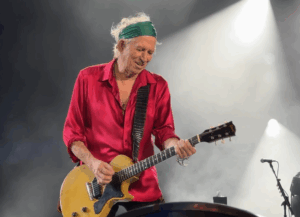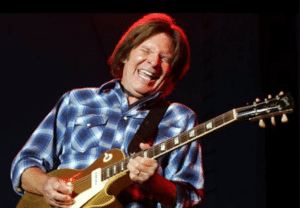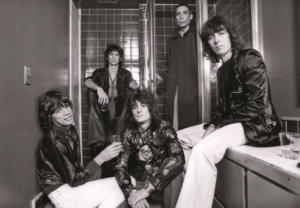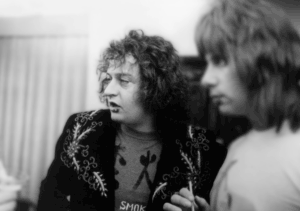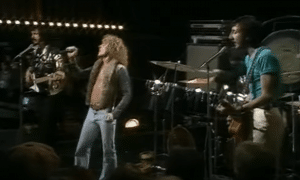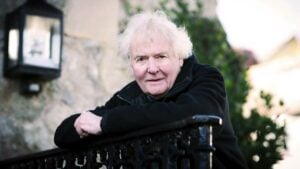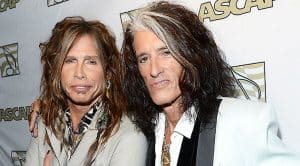10 Deaf Musicians That Defied The Odds
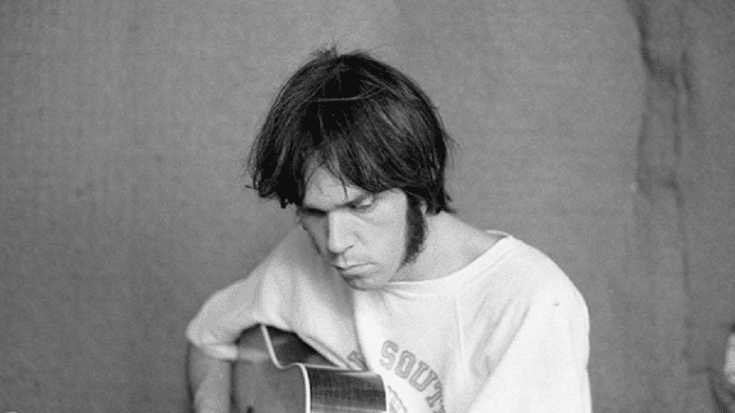
via neilyoungarchives/Instagram
There’s a widespread misunderstanding that deaf individuals are unable to engage with music. Deafness varies greatly, and even individuals with profound deafness can experience music through vibrations.
Numerous skilled musicians either were born with hearing impairments or developed them due to prolonged exposure to loud sounds.
Here’s a compilation of accomplished artists who have openly discussed their hearing challenges.
Will.i.am
Will.i.am, a multi-platinum Grammy Award-winning hip-hop artist, revealed in 2010 that he suffers from tinnitus and has been warned by doctors about eventual hearing loss. He expressed concern about his declining hearing, stating that multiple frequency tests over the years have confirmed significant loss.
Grimes
Canadian electronic artist Claire Boucher, professionally known as ‘Grimes,’ is celebrated for her distinctive approach to pop music and her artistic flair. Despite being younger than many peers, Grimes had to cancel several performance dates in 2012 due to concerns about her hearing condition, demonstrating a proactive approach to safeguarding against further hearing loss.
Matt Maxey
Matt Maxey, born with profound hearing loss, is the founder of DEAFinitely Dope and an American Sign Language (ASL) interpreter who accompanied Grammy-winning Chance the Rapper on his Be Encouraged tour in 2017. Reflecting on his experiences, Maxey expressed feeling caught between the hearing and deaf worlds, often exerting extra effort to understand conversations through hearing aids and lip-reading.
When interpreting for artists like Chance the Rapper or D.R.A.M., Maxey employs a non-traditional ASL approach, adapting expressions like ‘turn up’ to suit the context of stage performances. He believes in the power of unconventional methods to reach new audiences and foster community improvement. Maxey also notes a growing curiosity and awareness about sign language and the deaf community among the general public.
Dame Evelynn Glennie
Dame Evelyn Glennie, a Scottish percussionist, has navigated a profoundly deaf condition since the age of 12, achieving remarkable success in her musical career. Renowned for collaborations with artists such as Björk, Bobby McFerrin, and Mark Knopfler, Glennie has actively advocated for a deeper understanding of deafness.
She has shared her unique approach to music, revealing how she taught herself to perceive sound through physical sensations. Glennie’s performances, often delivered barefoot, symbolize her profound connection to the music she creates.
Ludwig van Beethoven
Ludwig van Beethoven, one of history’s most renowned composers, began experiencing hearing loss in his mid-to-late twenties. Despite his worsening condition, Beethoven persisted in composing and performing, even conducting his Ninth Symphony while nearly deaf.
Speculation surrounds the cause of his hearing impairment, with some attributing it to illness or lead poisoning. As his hearing deteriorated, Beethoven found solace in feeling vibrations through his piano, demonstrating his unwavering dedication to his craft. Even centuries after his birth, Beethoven’s legacy endures, with 2020 marking the 250th anniversary of his birth and ongoing celebrations of his musical contributions.
Ayumi Hamasaki
Ayumi Hamasaki, a prominent Japanese pop star, experienced hearing loss starting in 2000, eventually being diagnosed with Ménière’s Disease in 2006, resulting in complete deafness in her left ear by 2008. Despite her challenges, Hamasaki, often referred to as the ‘Empress of J-pop,’ maintains a prolific career, consistently releasing albums to the delight of her dedicated fanbase. To date, she has released 17 albums since 1999, showcasing her enduring commitment to her music and audience.
Mandy Harvey
In 2017, Mandy Harvey wowed America’s Got Talent with an original song, earning Simon Cowell’s Golden Buzzer and reaching the finals. Despite her Ehlers-Danlos syndrome causing hearing loss, she pursued music education at Colorado State University, losing her remaining hearing during this time. Overcoming depression, she returned to music, captivating audiences and co-authoring a memoir, Sensing the Rhythm. In a moving segment from her performance, Harvey shares her deep connection to music despite her deafness.
Neil Young
In 1991, Neil Young and Crazy Horse released the live concert album Weld, but the mixing process took a toll on Young’s hearing. Expressing regret, he acknowledged the irreversible damage to his ears. Subsequently, Young took a hiatus from recording, attributing his creative shift towards a more ambient sound, notably showcased in his album Harvest Moon, to his hearing loss.
Reflecting on his experience, Young explained that he pursued Harvest Moon to avoid exposure to loud sounds, indicating a shift in his musical direction. Despite ongoing challenges with tinnitus, he noted a decreased sensitivity to loud noises over time, though his hearing remains imperfect.
Pete Townshend
The lead guitarist of The Who, Pete Townshend, has endured significant hearing damage throughout his illustrious career spanning almost five decades of music performance worldwide. As a result, Townshend now relies on hearing aids and a special monitoring system during live performances. His struggle with hearing loss dates back to the 1980s, prompting him to adopt acoustic guitar performances behind a glass partition during a 1989 reunion tour.
In 2012, Townshend was compelled to exit the stage due to excessive onstage volume, underscoring the ongoing challenges to preserving his hearing. Notably, The Who’s 1976 concert in London earned them recognition in the Guinness Book of Records for the ‘loudest concert ever,’ reflecting their historical impact on the music industry.
Sean Forbes
Sean Forbes, a deaf American rapper and activist, humorously attributes his hearing loss to a high fever during infancy, likely caused by spinal meningitis. He jokingly suggests that he became deaf from playing music too loudly.
Raised in a musically inclined household, Forbes received his first drum kit at age 5, eventually mastering the guitar and composing his own music.
Beyond his musical endeavors, Sean is a co-founder of D-PAN, the Deaf Professional Arts Network, a nonprofit organization dedicated to fostering accessibility and awareness in the arts and media industries.
Moby
Moby, a pioneer in electronic music, emphasizes the dangers of loud music.
Reflecting on his early days in bands, he admits to neglecting hearing protection, leading to persistent ringing in his ears after loud performances. Since then, Moby has prioritized hearing protection, recognizing the irreversible consequences of hearing loss.
Lars Ulrich
Lars Ulrich, Metallica’s drummer, attributes his ongoing tinnitus and hearing loss to a loud tour in 1988, which progressively worsened over time, even disturbing his sleep. Recalling his experiences, Ulrich mentions frequently waking up to turn off a silent television, prompting him to acknowledge potential hearing issues. Like his peers, Ulrich advocates for awareness of the risks associated with prolonged exposure to loud noise.
Other notable musicians who have had to cancel performances to protect their hearing include:
- Phil Collins temporarily halted his career in 2011 due to hearing loss.
- Huey Lewis, canceled tour dates in 2018 for the same reason.
- Thomas Bangalter, one-half of Daft Punk, who no longer performs at nightclubs due to hearing loss.
- AC/DC postponed the remainder of their 2016 tour due to singer Brian Johnson’s risk of ‘total hearing loss.’

















